Hungary and Slovakia both have a vested interest in ensuring that one of Europe’s longest borders connects rather than divides the two countries, Peter Szijjarto stated. Whereas in the past the 654km border had only 22 crossing points, under an agreement between Hungarian Prime Minister Viktor Orban and Slovak Prime Minister Robert Fico it now has 40, he highlighted.
This is good for everyone; it’s good for Hungarians, for Slovaks, for those living in southern Slovakia, for the two economies. That is why today we decided to open the second chapter of this comprehensive agreement on increasing the number of border crossing points,
he announced. Under the agreement, Hungary and Slovakia will begin planning the construction of three new bridges. One bridge to serve freight traffic will be built in the Esztergom area, another to accommodate pedestrians and cyclists will be opened at Dunakiliti, and a third will be build on the river Tisza at Cierna (Agcsernyo), he said.
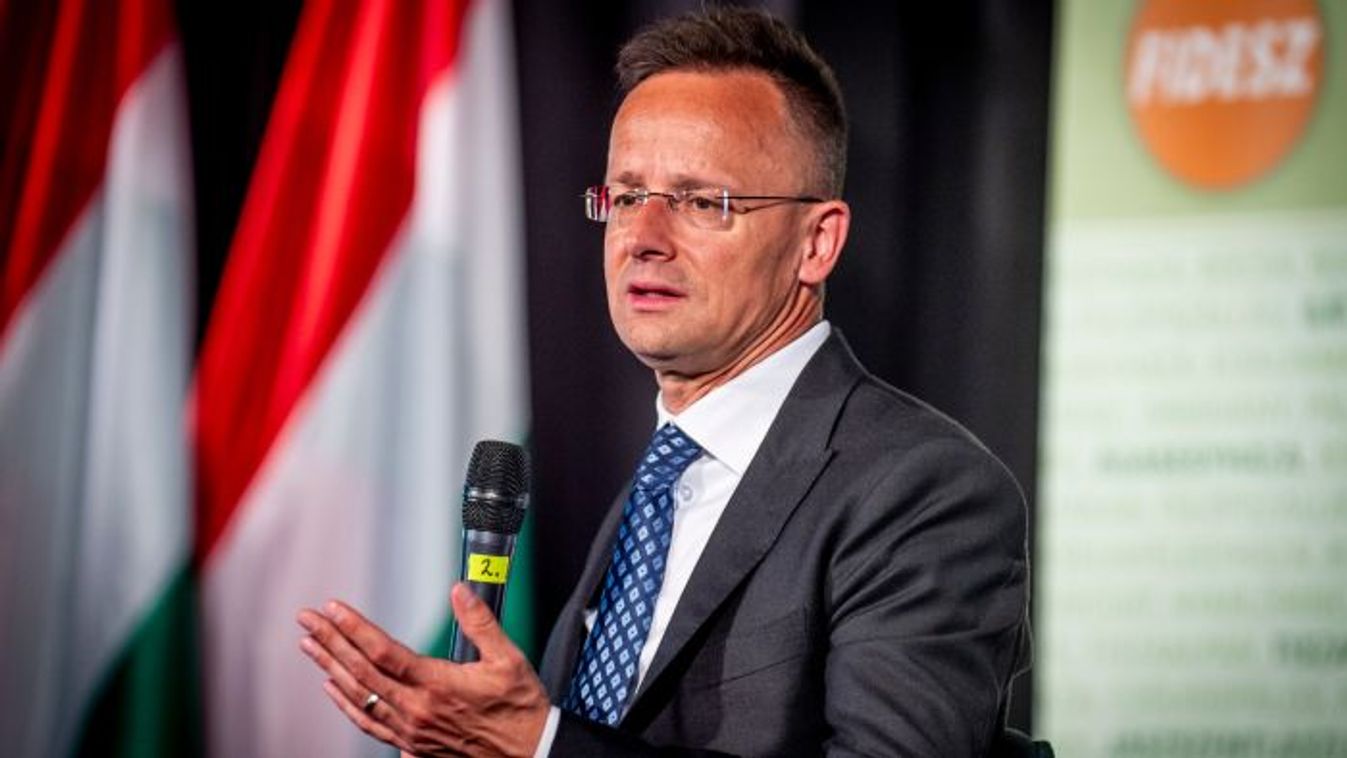

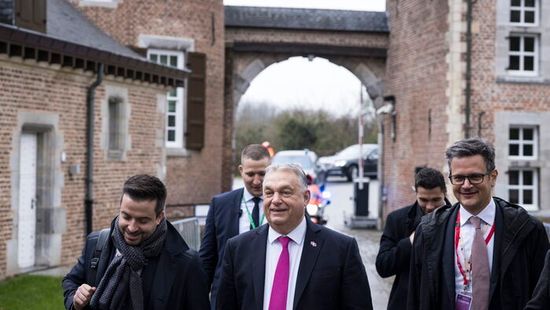
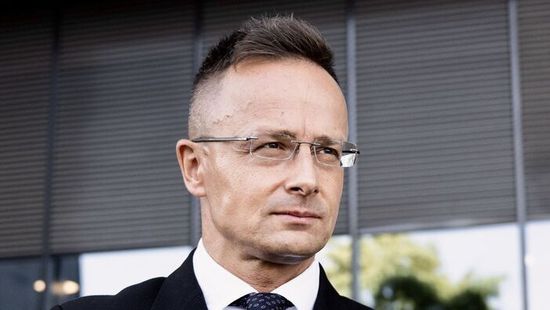
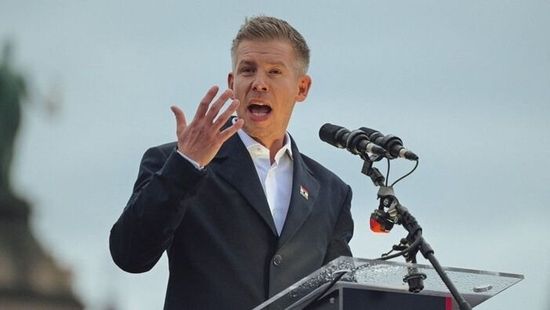


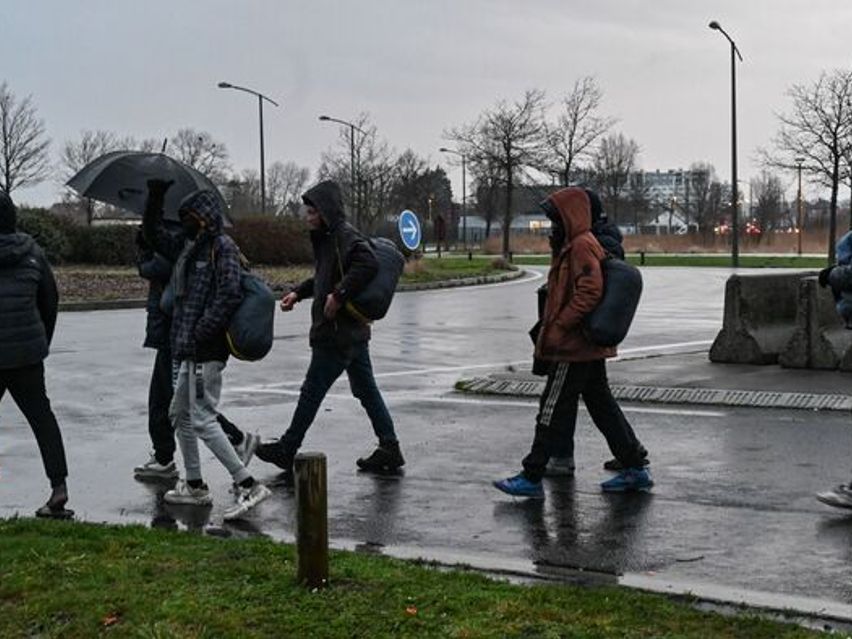
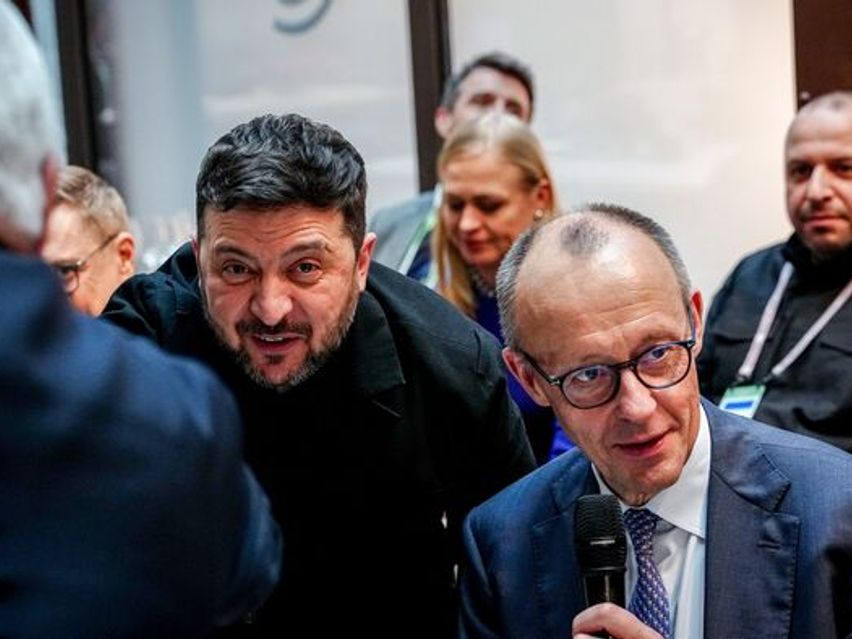


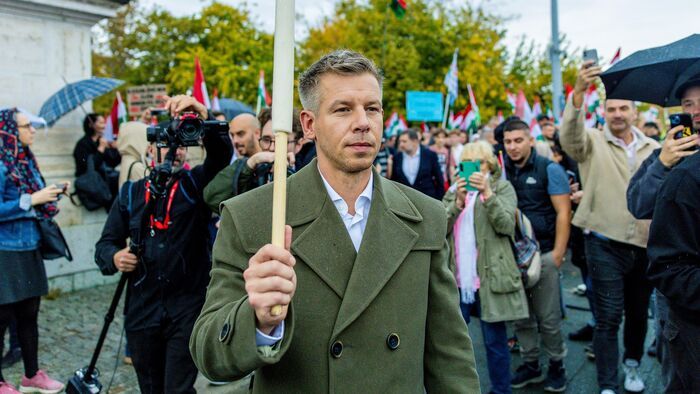
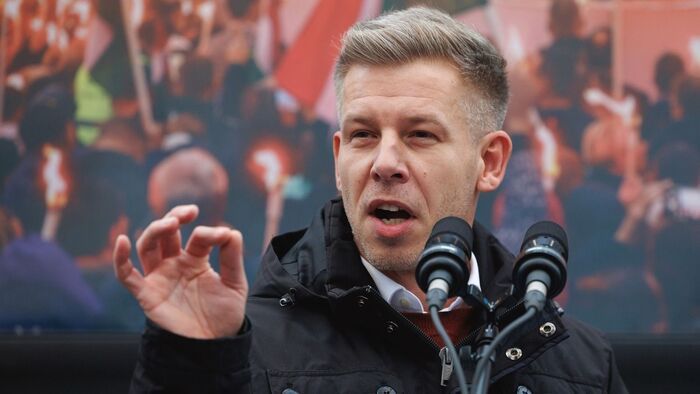
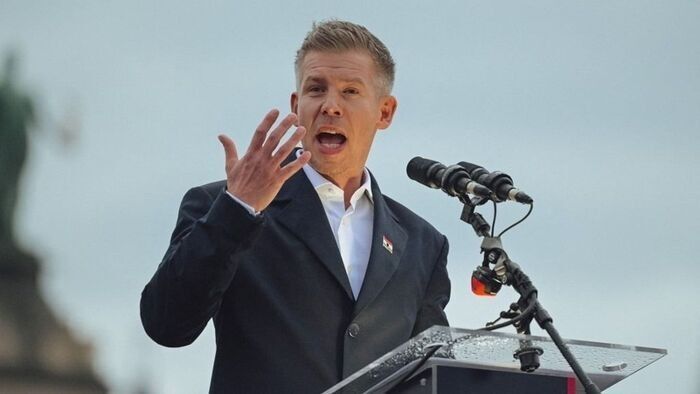

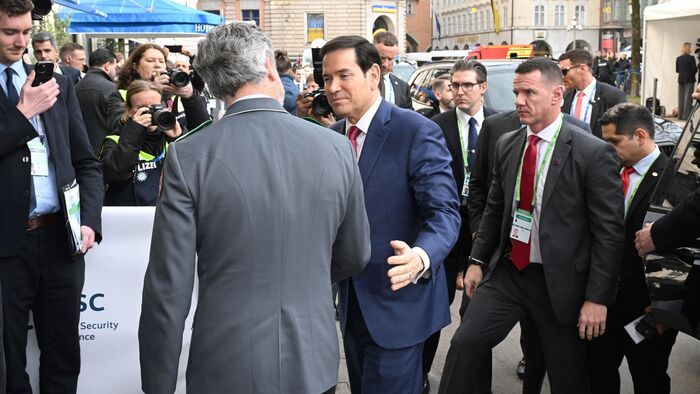





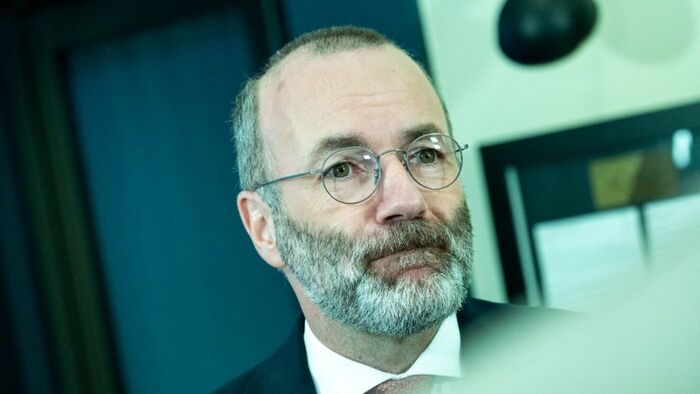

Szóljon hozzá!
Jelenleg csak a hozzászólások egy kis részét látja. Hozzászóláshoz és a további kommentek megtekintéséhez lépjen be, vagy regisztráljon!